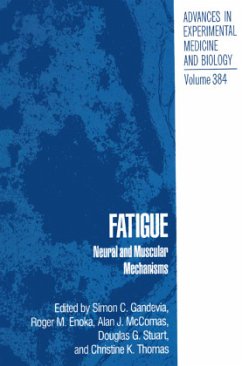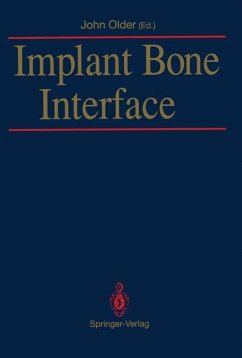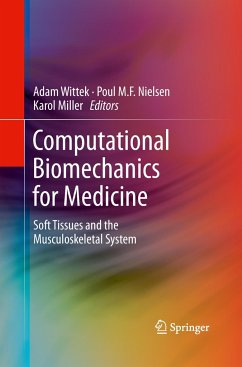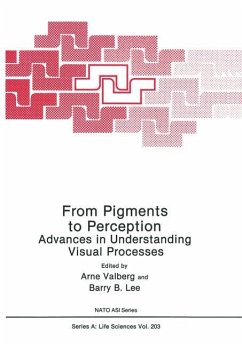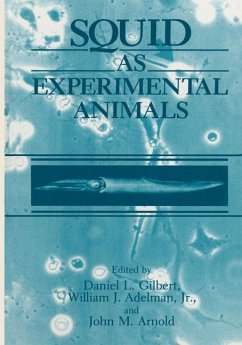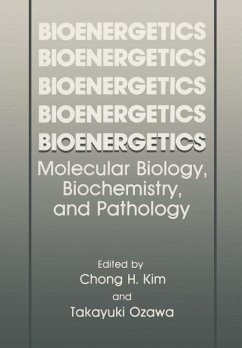
Advances in the Biomechanics of the Hand and Wrist

PAYBACK Punkte
76 °P sammeln!
William P. Cooney III, R. A. Berger, and K. N. An Orthopedic Biomechanics Laboratory Department of Orthopedic Surgery Mayo Clinic and Mayo Foundation Rochester, MN 55905, U. S. A. As surgeons struggle to find new insights into the complex diseases and deformities that involve the wrist and hand, new insights are being provided by applied anatomy, physiology and biomechanics to these important areas. Indeed, a fresh new interaction of disciplines has immersed in which anatomists, bioengineers and surgeons examine together basic functions and principles that can provide a strong foundation for f...
William P. Cooney III, R. A. Berger, and K. N. An Orthopedic Biomechanics Laboratory Department of Orthopedic Surgery Mayo Clinic and Mayo Foundation Rochester, MN 55905, U. S. A. As surgeons struggle to find new insights into the complex diseases and deformities that involve the wrist and hand, new insights are being provided by applied anatomy, physiology and biomechanics to these important areas. Indeed, a fresh new interaction of disciplines has immersed in which anatomists, bioengineers and surgeons examine together basic functions and principles that can provide a strong foundation for future growth. Clinical interest in the hand and wrist are now at a peak on an international level. Economic implications of disability affecting the hand and wrist are recognized that have international scope crossing oceans, cultures, languages and political philosophies. As with any struggle, a common ground for understanding is essential. NATO conferences such as this symposium on Biomechanics of the Hand and Wrist provides such a basis upon which to build discernment of fundamental postulates. As a start, basic research directed at studies of anatomy, pathology and pathophysiology and mechanical modeling is essential. To take these important steps further forward, funding from government and industry are needed to consider fundamental principles within the material sciences, biomechanical disciplines, applied anatomy and physiology and concepts of engineering modeling that have been applied to other areas of the musculoskeletal system.





